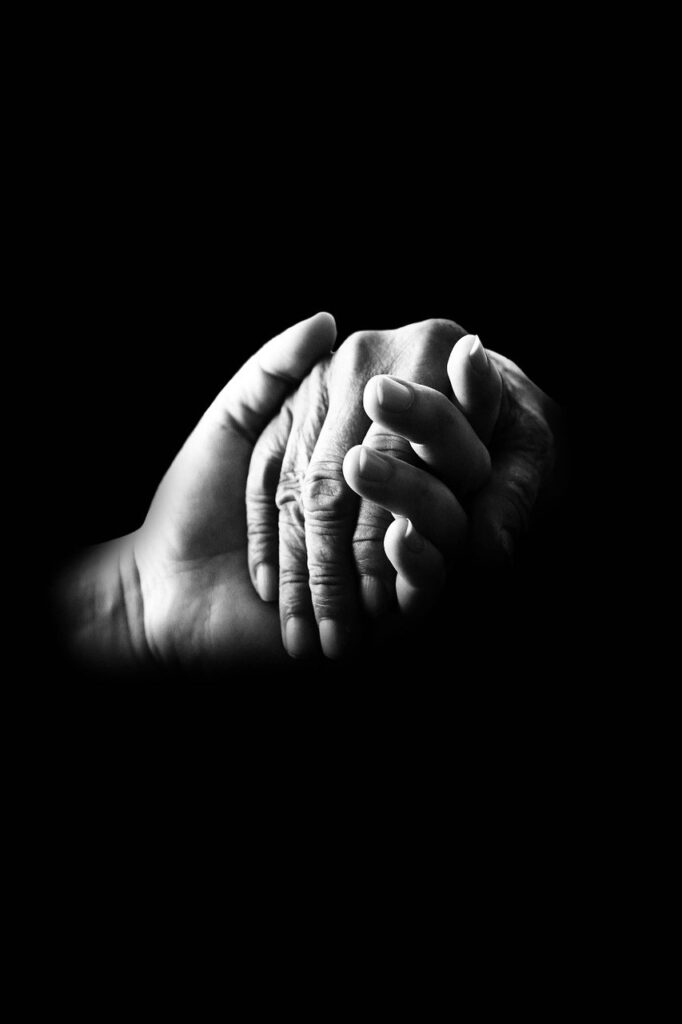An observation, if I may, about broadcasters.
CNN is for people who want to know what’s going on, NOW!
Sky is for people who want to know what’s going on.
BBC is for people who want to be sure what went on.
The horror story, unfolding in Ukraine, is a test for all broadcasters. They put themselves, in harm’s way, so that we can tut-tut, from the safety of the sofa.
It has produced some lighter moments. A correspondent, in a bullet-proof vest and helmet, lying prone, in a ditch, telling us how bad things were. In the background two older, women, in pink bobble hats and puffer jackets walked by, carrying their shopping.
A paradox of war.
And then, there’s that bridge…
… blown-up by the Ukrainians, to stop the Russian advance. Now the pinch-point for escape… repaired with wooden pallets, planks and string.
Perilous to cross for the young and able. People in wheelchairs and on stretchers are being carried. Some wheeled on barrows and shopping trolleys.
Terrified of the drop, horrified at what they are leaving behind, petrified at what is to come.
Extraordinary acts of bravery, kindness and compassion.
The BBC… the good old BBC. I’m still drawn to the seven, one, six and ten o’clock news routine. Putting the punctuation marks in my day.
Their insistence that every item has to be ‘verified’ is a curse and a blessing.
The world salutes the BBC and I am happy to wave two fingers at Nadine Dorries, for wanting to… well, I’m not sure what she wants to do with the BBC… but it’s not good.
She’s a former nurse, just be grateful she isn’t Health Secretary.
There’s a uniqueness about the BBC. Mainly for the breadth of what it does and its reach. It’s only the BBC that would commission a survey and series on kindness.
In a troubled world, what happened to kindness? The BBC tried to find out.
It set up an online study, created by a team at the University of Sussex, led by psychologist Prof Robin Banerjee. More than 60,000 people took part. This is now the world’s largest in-depth study on kindness.
What did we learn?
Kind acts are very common
…asked about the most recent time someone was kind to them, 43% said it was within the last day.
The most common kind act is to help people when they ask
… you don’t have to scale Everest for charity or save someone from a burning building, kindness, in everyday life, makes a difference
People think the pandemic has made us kinder
… two-thirds saying this unprecedented time made people kinder.
There’s a link between kindness and well-being
… people who carry out more kind acts have higher levels of well-being.
Extroverts give and receive more kindness
… people who were kindest were more likely to score high on extroversion.
Women carry out more kind acts and so do people who are religious
… studies have shown; we are quite good at judging our own levels of kindness.
We worry about our offers of kindness being misinterpreted
… social media plays a part in stopping us being kinder.
People who talk to strangers receive more kindness
… the more you talk to strangers, on average, the more kindness you receive.
Income makes little difference to how kind people are
… how much money people earn had zero correlation with reports of being kind.
When people were asked where kindness takes place, the home came top but here’s the bit you’ll like; medical settings came second and people generally agreed that kindness was valued especially in social work and healthcare.
There’s a lot more in the report, have a look.
We’ve endured Trump’s recklessness, Covid’s wrecking ball, the wrench of Brexit and now the demolition of Ukraine.
We see courage and compassion on our screens, alongside cruelty and callousness.
We feel powerless, influence ebbing away. What can we do?
Remember, the little things are often the big things. Why? Because the closer you get to a little thing, the bigger it gets.
The closer you are, to an act of kindness, the more it matters.
News and Comment from Roy Lilley
Contact Roy – please use this e-address roy.lilley@nhsmanagers.net
Reproduced at thetrainingnet.com by kind permission of Roy Lilley.








